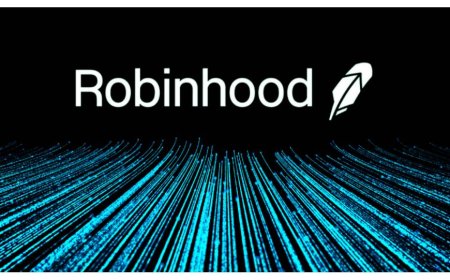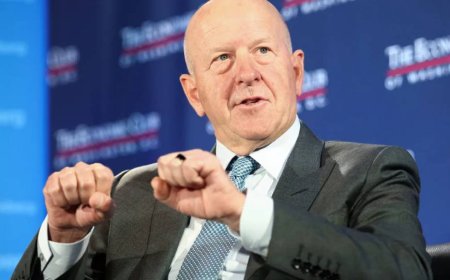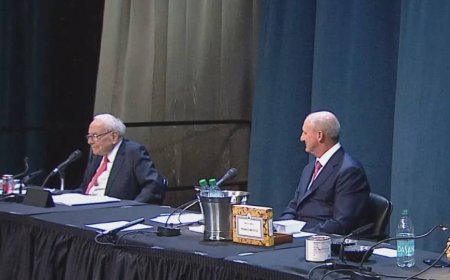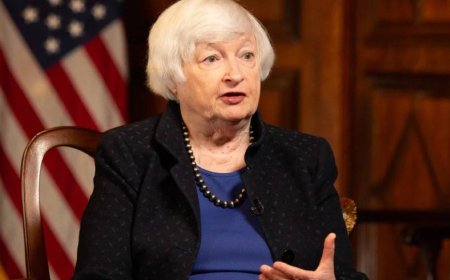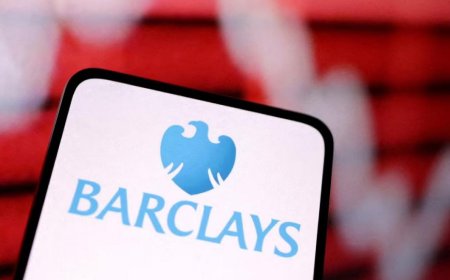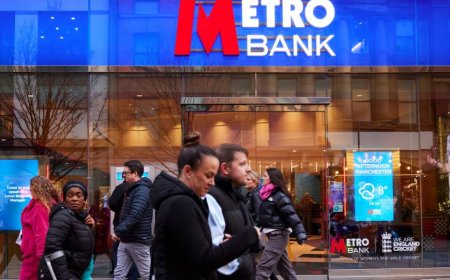UK mortgages: 100% loans are back – will they work for you?
The controversial loan has returned. We look at the deals and explain why it’s worth saving up a 5% deposit or more

Saving up for a deposit is one of the biggest challenges facing would-be homeowners, who can find that each month pretty much all most of their money is being swallowed up by rent and living costs.
No-deposit deals – known as 100% mortgages – can provide a lifeline, and in recent months a new crop have come on to the market.
But in return for not having to put down a deposit, you will have to pay a higher interest rate. Also the affordability rules and lending limits that apply on these loans mean they probably will not be an option for many buyers in pricier areas such as London or for some people considering a larger property.
This type of mortgage is controversial, too, because homebuyers who take them out are particularly vulnerable to house price falls, as they have no equity to cushion them if there is a drop in the value of their home. Even a small fall in prices could leave some owing more on their mortgage than their home is worth.
We have looked at the details of each of the no-deposit deals. We also explain how, if you can manage to save up a deposit – 5% is good, but 10% is better – this will give you access to more competitive rates and reduce your monthly outgoings.
100% deals
Standard home loans where the borrower does not have to put down a deposit used to be fairly common but disappeared after the 2007-08 financial crisis when lenders were concerned about the outlook for property prices.
Two years ago, Skipton building society launched a 100% deal, called Track Record, aimed at people who are now renting, or were until very recently.
Last month, two more lenders, April Mortgages and Gable Mortgages, launched their own no-deposit deals.
It is very difficult to single out one 100% deal as “the best” on the market, says Mark Harris, the chief executive of the mortgage broker SPF Private Clients. “There are positives and potential drawbacks to every product. Every borrower’s situation is different and therefore different outcomes will apply.”
At the time of writing, Skipton’s Track Record mortgage was offering the lowest interest rate. It’s only available as a five-year fixed-rate loan, and you can choose from two rates – 5.29%, or 5.39% with £1,000 cashback. There is no fee.
Track Record “is ideal for renters with a proven history of paying on time”, says Nicholas Mendes at the broker John Charcol. You need to show proof of having paid rent for at least 12 months in a row on a UK property (with no arrears) in the last 18 months, and have not owned a UK property in the last three years.
Since its launch, Skipton has loosened its affordability rules a little so that “in some circumstances” it will offer loans that have monthly repayments of up to 120% of the rent the customer has been paying. The maximum you can borrow is 4.49 times your annual income (for single and joint applicants), rising to 4.75 times if that income is more than £50,000.
A cap of about 4.5 times income is fairly standard when UK lenders are assessing what people can afford, but it means some house-hunters in higher-priced areas will not be able to borrow enough to buy.
The Skipton deal could allow a couple with a joint income of £55,000 to borrow up to £261,250.
For those looking to borrow more than 4.5 times income, Gable may be able to help. Its 100% deals are potentially the ones that will allow buyers to borrow the most, says Mendes. The lender will let individual key workers borrow up to five times income. For couples who are both key workers, applicants can borrow up to 5.5 times. Gable’s definition of key workers includes NHS clinicians (nurses, paramedics, doctors, etc), teachers and childcare providers, university lecturers, police officers and armed forces personnel.
Gable offers two five-year fixed-rate mortgages aimed at first- and second-time buyers. Its rates are higher than Skipton’s: 6.29% for the standard deal, or 5.99% for those buying a new-build home from one of its partner developers.
April Mortgages takes a different tack with its 100% deals: you have to take out a fixed rate lasting for 10 or 15 years. These are not cheap: the 10-year fix is priced at 6.29%, while the 15-year deal is 6.53%. But an unusual feature of this mortgage is that your rate gradually falls as you pay it off. April will automatically reduce the interest rate when the customer drops into a lower “loan-to-value” (LTV) band.
The April deals are particularly suited to those who expect to make regular overpayments or plan to reduce their balance quickly, says Mendes. For example, someone expecting a pay rise or inheritance later down the line.
April’s maximum loan is 4.49 times income, and it does not lend on flats or new-builds.





